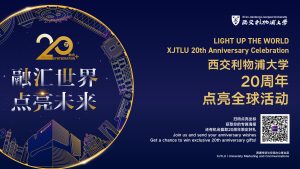28 Mar 2016
Dr Boris Tefsen of the Xi’an Jiaotong-Liverpool University Department of Biological Sciences has had fascinating insights into how Chinese science operates in the face of globally significant health threats. In his lab at XJTLU, currently researching mycobacteria related to the one that is causing tuberculosis, he encourages his students to work independently and to challenge his ideas.
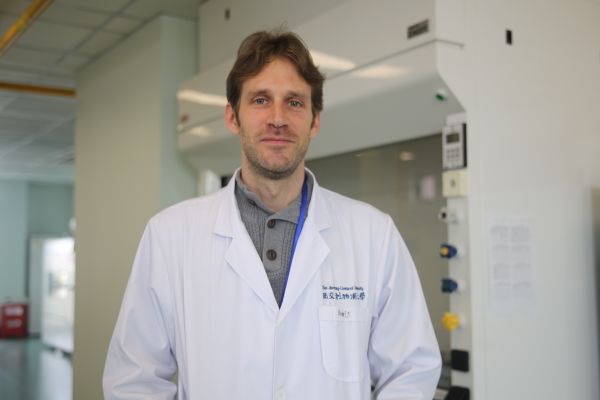
“Most research scientists in the West encourage those working under them to suggest different approaches to problems, or even to develop their own lines of research, as long as they don’t interfere with the main goals”, explains Boris (pictured above). “This way of working is encouraged because it can often lead to new discoveries, and this type of creativity and original thinking is what China wants to enhance.”
Boris moved to China from the Netherlands in 2012, receiving a grant from the Chinese Academy of Sciences, after being recommended by Professor George F. Gao, Deputy Director-General of the Chinese Center for Disease Control and Prevention. His appointment was part of an ongoing initiative to diversify talent in Chinese research laboratories, as he explains: “If you bring someone from another country to your lab that person brings knowledge, and that knowledge disseminates to other people working in the lab.”
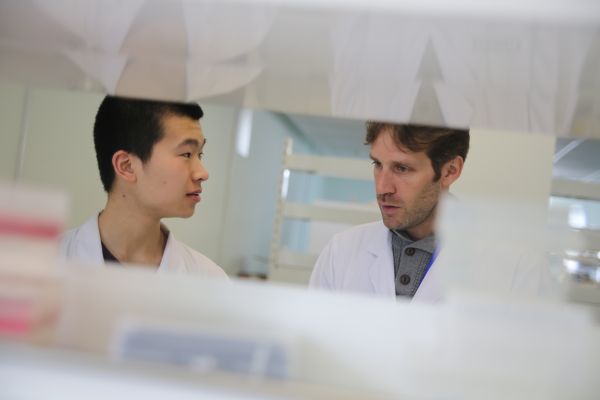
He experienced some initial culture shock and acclimatising to life in Gao’s lab proved challenging: “The basic working environment was challenging at first. Lab space was extremely limited. The machines were in constant use and you had to be careful walking around not to bump into each other. But overall my experiences there were very positive,” he says.
Boris’s time in Beijing coincided with several major viral outbreaks, including the emergence of the human-infecting H7N9 influenza strains in China during the spring of 2013.
“The Chinese Center for Disease Control and Prevention, at which Professor Gao held a high position, was responsible for collecting information about new cases, so it was interesting being so close to the source as the story was unfolding in media outlets,” he says.
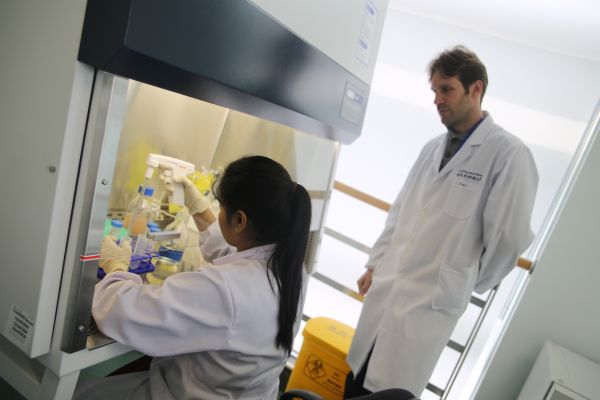
Since establishing his own research lab at XJTLU, Boris is enjoying the freedom of pursuing his own research interests and encourages the same thirst for scientific enquiry in his students.
“I want them to think”, he says. “I always start by saying ‘in the beginning I will guide you a lot and help you, but at some point I expect you to be able to run your own projects’. I could just have my students follow my instructions, with me as the brain and them as the hands. It could be quite productive for me, but then what would they really be learning?”
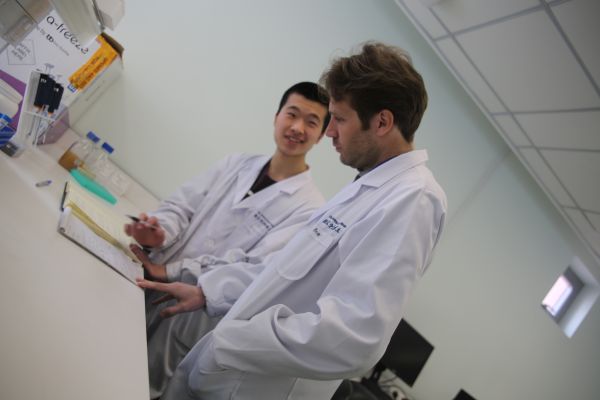
Moreover, Boris’s students are free to challenge his ideas and discuss problems together to come up with solutions. PhD student Abhipsa Sahu (pictured below) says that she regularly challenges Boris, asking questions and getting useful answers.
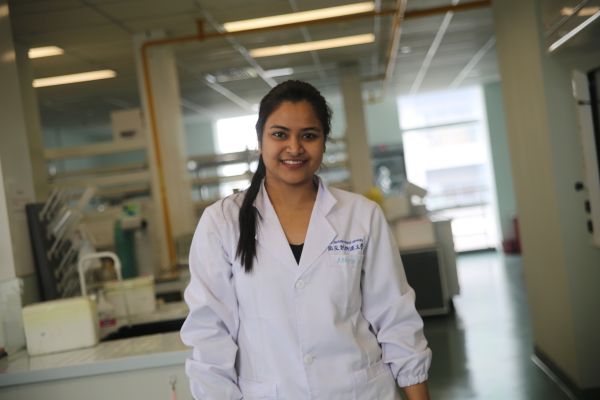
“Undergrads are slightly more reluctant to do this, understandably, but I’ve done my own research in my area, so I tend to tell Boris about my ideas and he encourages me,” she says.
Fourth year biological sciences student Liao Junwei (pictured below) also enjoys working with Boris and feels he’s learning a lot from him: “At first I thought he was kind of serious, but he just wants to help us improve. He told me to think first and then ask questions. I definitely prefer to work this way. In the beginning, we sometimes felt tired. But looking back, we can see we’ve improved a lot.”
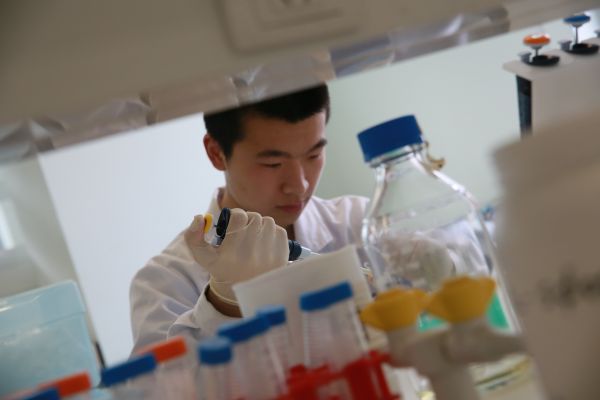
After his rich experiences in China, would Boris recommend other scientists in his field to come to the country?
“The mindset of some, maybe many, people in the West is that China is still ‘low level’ scientifically,” he says. “I think that’s a misconception. Of course, there is some low level science going on, but there are also a lot of good scientists here and a lot of good labs, and there’s a push to make it better," he says.
“So yes, I think it is still a good time to come to China as a scientist, depending on your current position, of course.”
Read about Boris’s experiences in more detail in his own paper ‘Chances and challenges in China’ in Protein & Cell (published online in December 2016).
28 Mar 2016
